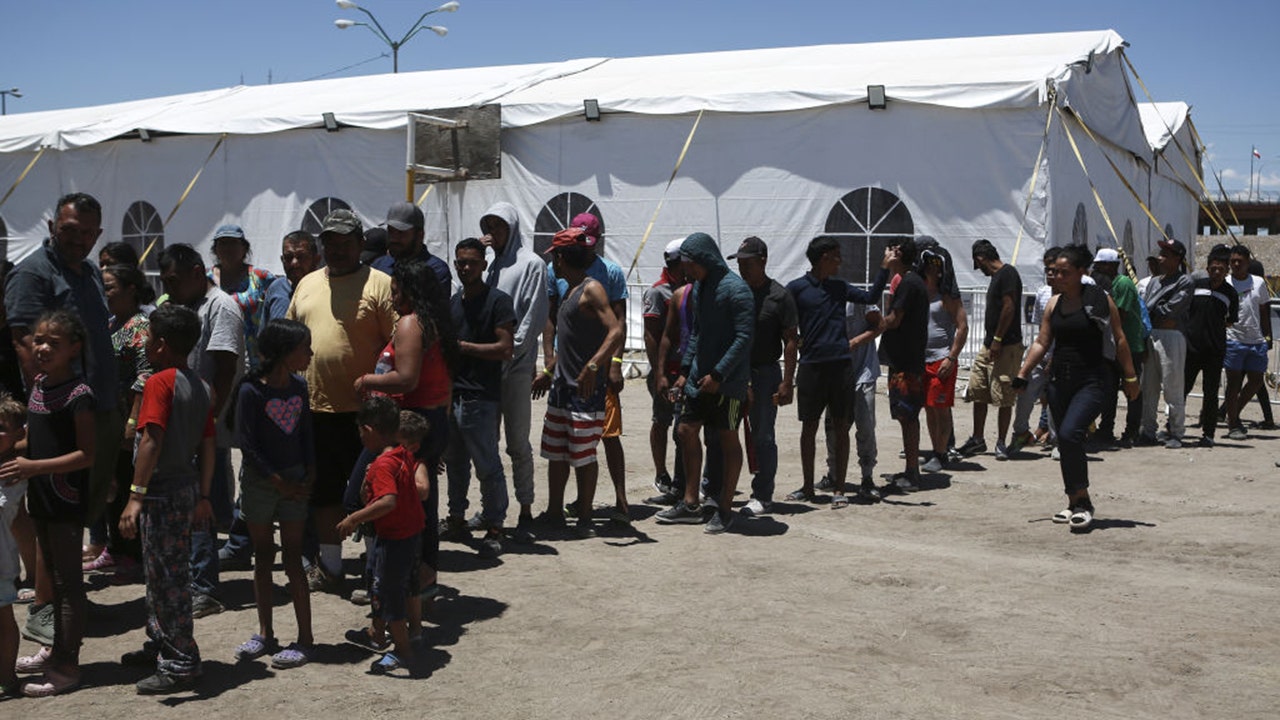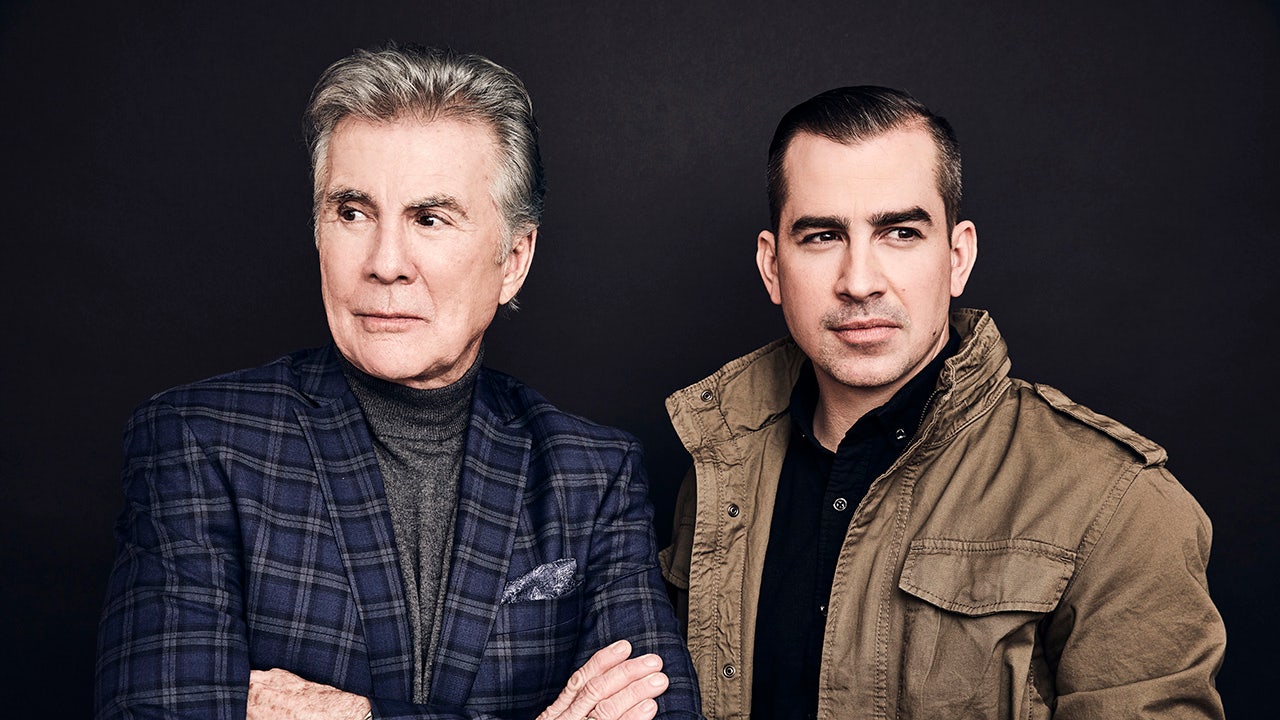The Supreme Court that former President Donald J. Trump helped to shape tossed him a legal lifeline on Wednesday night, making a choice that substantially aided his efforts to delay his federal trial on charges of plotting to overturn the 2020 election.
By deciding to take up Mr. Trump’s claim that presidents enjoy almost total immunity from prosecution for any official action while in office — a legal theory rejected by two lower courts and one that few experts think has any basis in the Constitution — the justices bought the former president at least several months before a trial on the election interference charges can start.
It is not out of the question that Mr. Trump could still face a jury in the case, in Federal District Court in Washington, before Election Day. At this point, the legal calendar suggests that if the justices issue a ruling by the end of the Supreme Court’s term in June and find that Mr. Trump is not immune from prosecution, the trial could still start by late September or October.
But with each delay, the odds increase that voters will not get a chance to hear the evidence that Mr. Trump sought to subvert the last election before they decide whether to back him in the current one.
If Mr. Trump is successful in delaying the trial until after Election Day and he wins, he could use the powers of his office to seek to dismiss the election interference indictment altogether. Moreover, Justice Department policy precludes prosecuting a sitting president, meaning that, once sworn in, he could likely have any federal trial he is facing postponed until after he left office.
On its surface, the Supreme Court’s ruling on Wednesday night was a purely logistical decision. The justices decided to keep preparations for the trial on hold while they review a lower court’s rejection of the immunity defense. They set a hearing on the issue for the end of April.
As a practical matter, however, the court’s decision slow-walked the process of resolving the immunity debate, validating what had seemed like a last-ditch move by Mr. Trump’s legal team to find a way to keep pushing back a trial date until the campaign was over.
A spokesman for Jack Smith, the special counsel who is handling the election case in Washington, declined to comment on the court’s decision. Within Mr. Trump’s camp, the court’s ruling was seen as a major victory, but not a decisive one.
A year ago, when Mr. Trump was charged criminally for the first time, in Manhattan, and then, over the course of the next five months, was indicted three more times — in Florida, Washington and Georgia — it seemed as if he would spend much of 2024 in front of a jury. Now, however, if events break his way, he could go to trial only once before the election in November.
In that case, a state judge in Manhattan set a start date of March 25 for the former president’s trial on charges of arranging hush-money payments to a porn star in an effort to avert a scandal on the eve of the 2016 election.
And on Friday, a federal judge in Florida is set to hold a hearing to reset the clock on Mr. Trump’s other federal trial — the one in which he stands accused of mishandling dozens of classified documents after he left office. That trial was scheduled to start in May, but now may or may not take place before Election Day.
The Georgia case is also mired in pretrial clashes that have cast doubt on when, or even whether, it will proceed.
The election interference case in Washington was supposed to have been the first of Mr. Trump’s four criminal proceedings to go in front of a jury. Months ago, the judge overseeing it, Tanya S. Chutkan, picked a trial date of March 4.
But then Mr. Trump filed a motion to dismiss the case, arguing that he enjoyed complete immunity from the charges because they arose from acts he took as president. While the claim had no precedent and went against basic legal and constitutional principles, it had a powerful attraction to Mr. Trump’s lawyers: Once it was lodged, Judge Chutkan was required to put the underlying case on hold until the question of immunity was resolved.
Earlier this month, a federal appeals court in Washington weighed in on the question, rejecting the immunity defense in a unanimous and scathing ruling that found that Mr. Trump was subject to federal criminal law like any other American.
He then asked the Supreme Court to keep the trial proceedings on hold while the justices decided whether they wanted to weigh in on the issue, perhaps hoping less that the justices would agree with him on the merits of his claims than that they might take up the question and take their time in reaching a decision.
And that is precisely what the court did on Wednesday.
The question of when the trial will ultimately happen has been complicated by Judge Chutkan’s insistence that Mr. Trump not lose any time to prepare for the proceeding while the pause in the case remains in effect. She has suggested in court papers that, in the spirit of fairness, the former president should have an extra day to prepare for every one lost to the stay.
Judge Chutkan froze the election case on Dec. 13. That means, if she sticks to her decision, she owes Mr. Trump an additional 82 days of preparation time — equivalent to the period between Dec. 13 and the originally scheduled trial date of March 4. If the Supreme Court renders a ruling on the immunity decision in June and preparations for the trial start up again immediately, the extra 82 days could push a trial date into September.
At that point, the general election campaign would be in full swing — and there would be no guarantee that the trial could be completed by Election Day.






